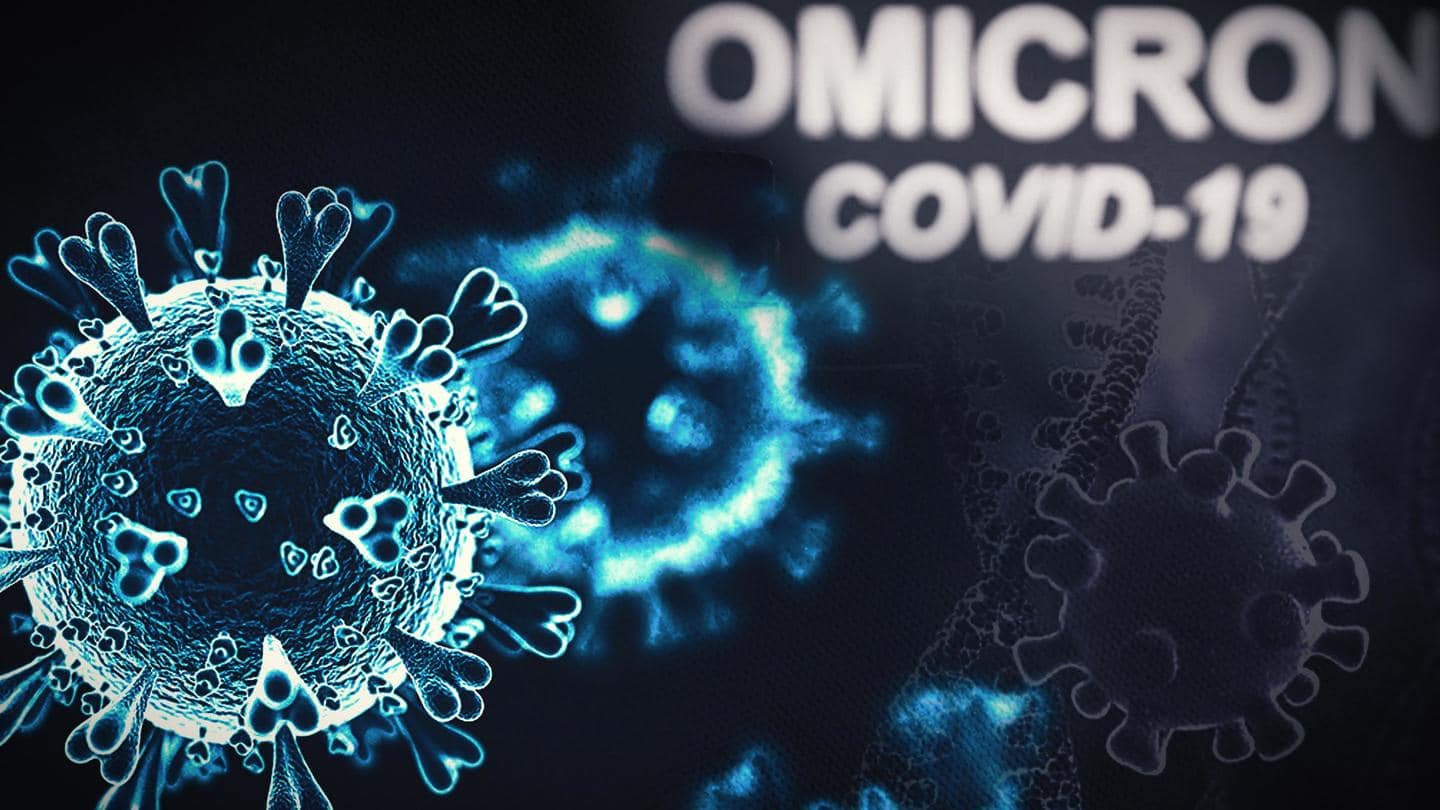
Omicron: Bengaluru doctor tests COVID-19 positive again after 2 weeks
What's the story
A doctor in Bengaluru, who was infected with the Omicron variant of coronavirus, has tested positive for the virus again after two weeks, officials said on Tuesday.
The 46-year-old is asymptomatic and under isolation.
He will now remain under observation for another seven days and discharged only after receiving a negative RT-PCR test report.
Here are more details on this.
Context
Why does it matter?
The doctor was among the first known patients of Omicron in India.
Curiously, he did not have a history of foreign travel.
He, however, had attended a medical conference in which dozens of people participated.
Omicron is said to be the most heavily mutated strain of the coronavirus SARS-CoV-2.
Early data suggests it spreads fast but the illness it causes may be mild.
Details
Doctor say he is 'perfectly alright now'
The doctor had attended an international conference in Bengaluru between November 18 and November 20, according to Hindustan Times.
He developed symptoms on November 21 and tested positive for COVID-19 the next day. His sample was then sent for genome sequencing.
He had mild symptoms such as body pains, chills, and fever, he told NDTV adding he is feeling "perfectly alright now."
Tracing
5 contacts to be discharged today
Meanwhile, five people who had come in contact with the doctor and were found infected, returned negative reports and will be discharged on Tuesday.
Besides the doctor, a 66-year-old South African national was among the first two Omicron patients in India. He is now facing a police case for flying out to Dubai without informing the authorities - a violation of the quarantine rules.
Quote
Over 200 contacts traced
The state administration has traced more than 200 people who came in contact with the two patients. "Samples of those who test positive in our day-to-day testing with high viral load and low CT value are being sent for genome sequencing," an official said.
Strain
23 Omicron cases in India
Omicron was first reported from southern Africa where it is also currently most prevalent.
India has reported 23 cases of the strain so far: Maharashtra (10), Karnataka (two), Rajasthan (nine), Gujarat (one), and Delhi (one).
Scientists around the world are working to understand how well existing COVID-19 vaccines and treatments hold up against the new variant.